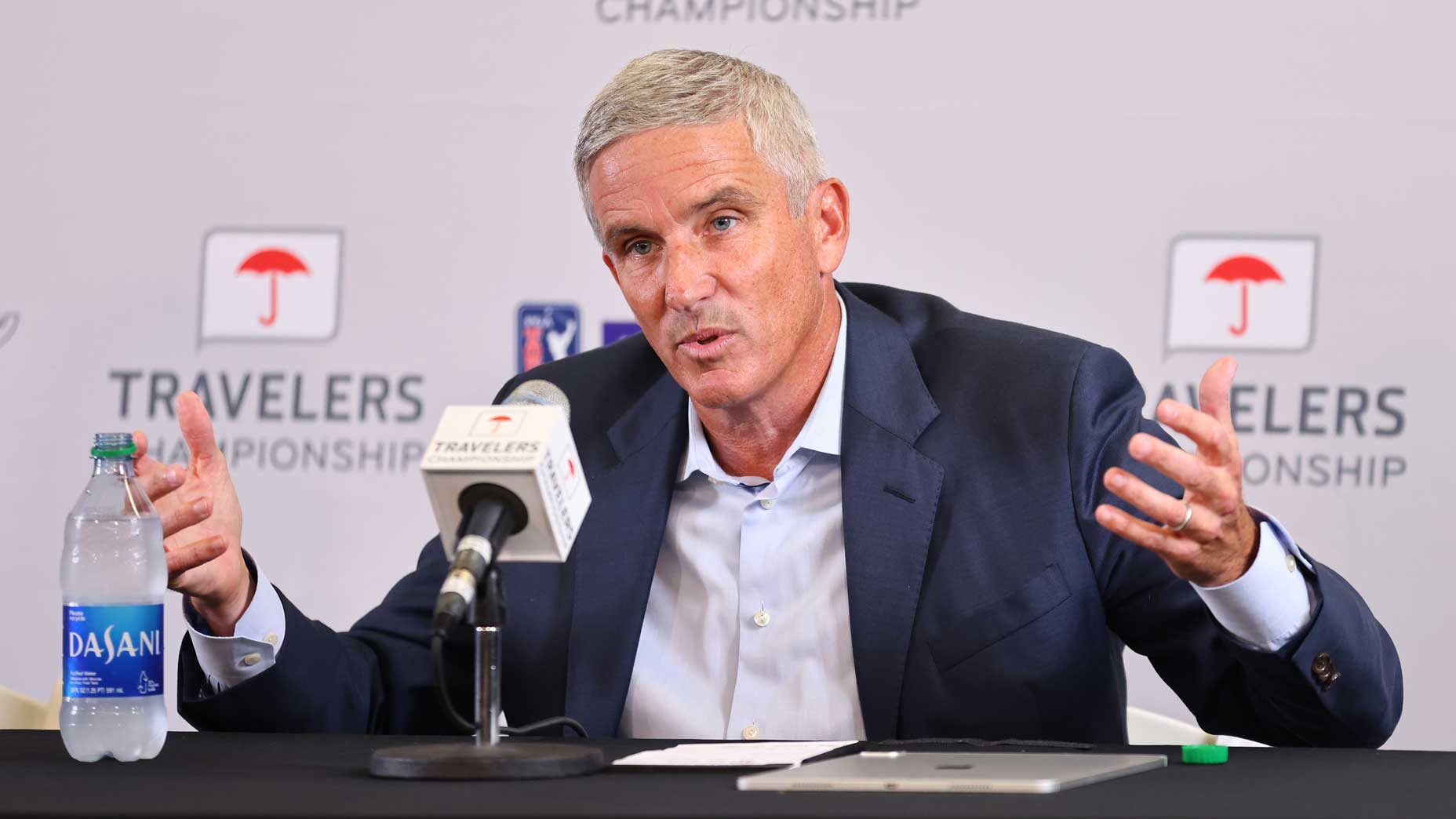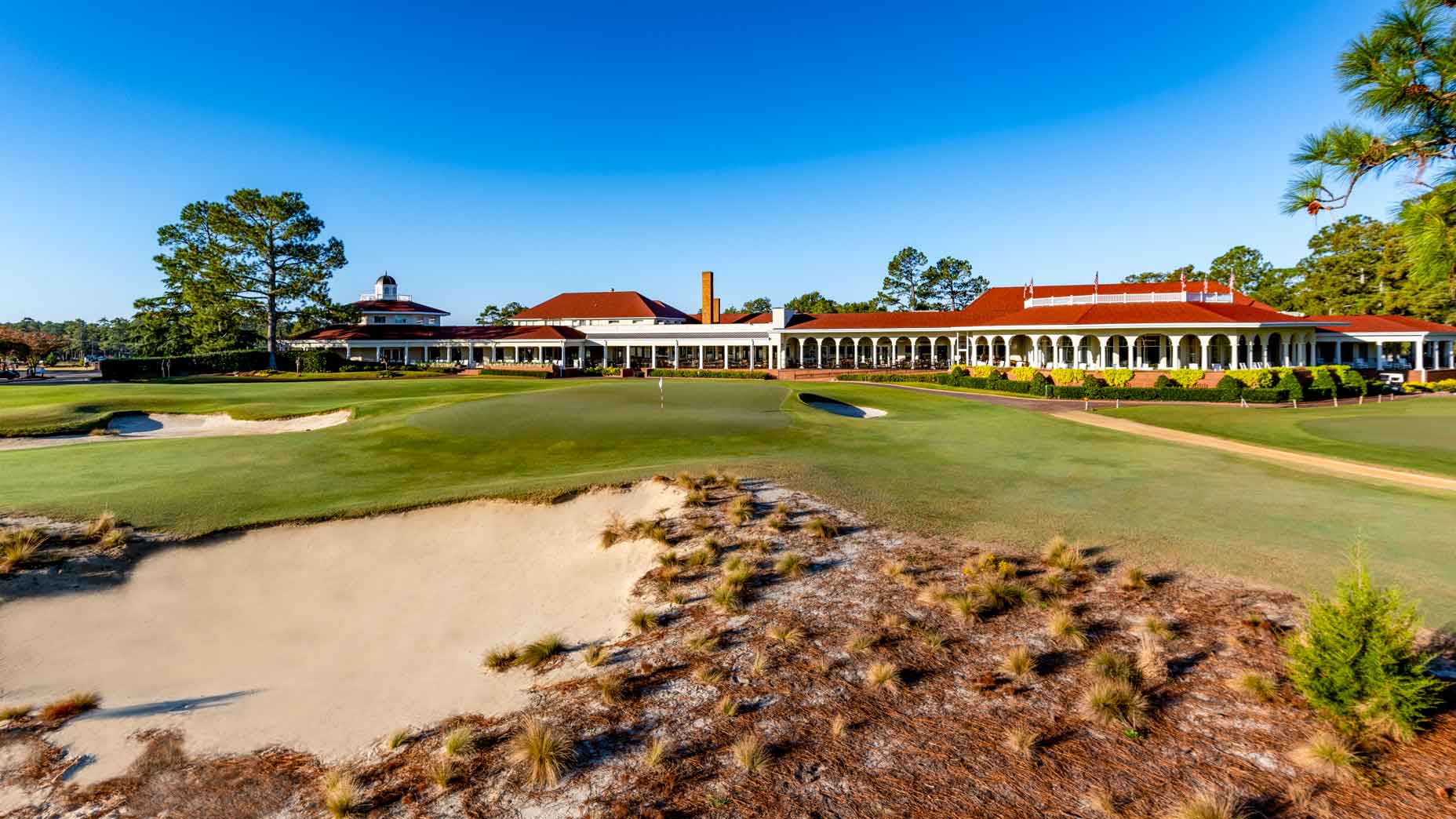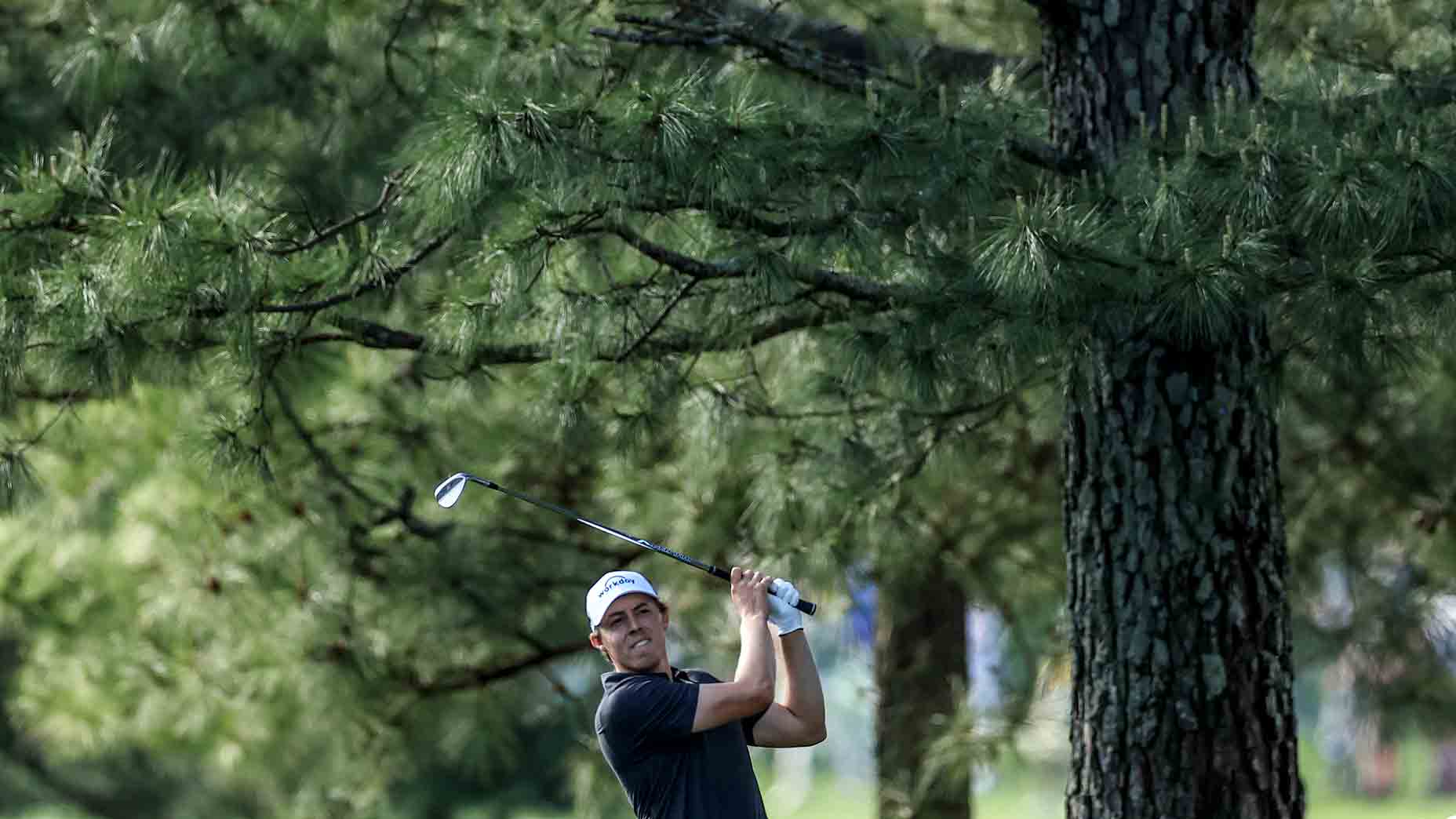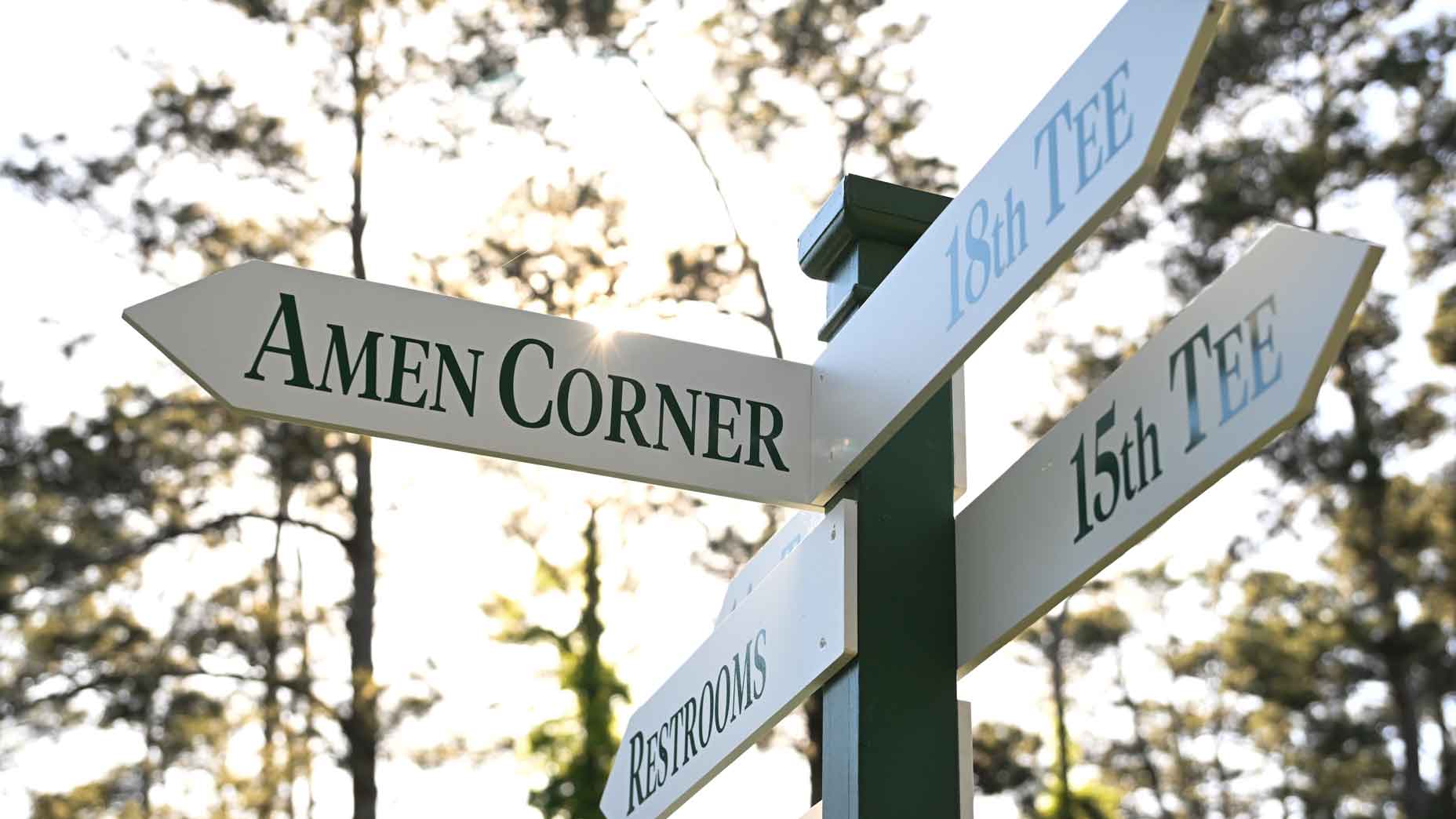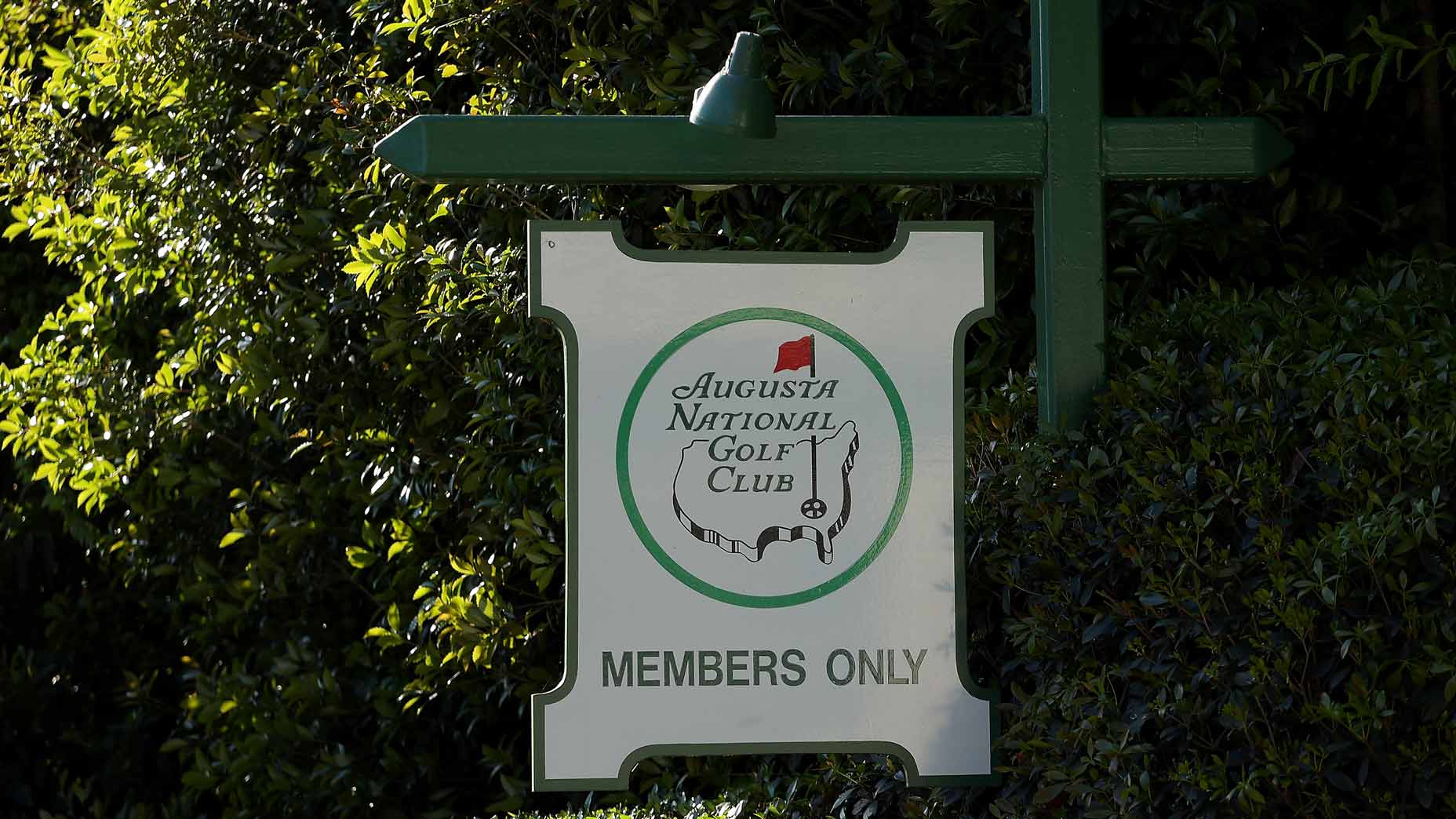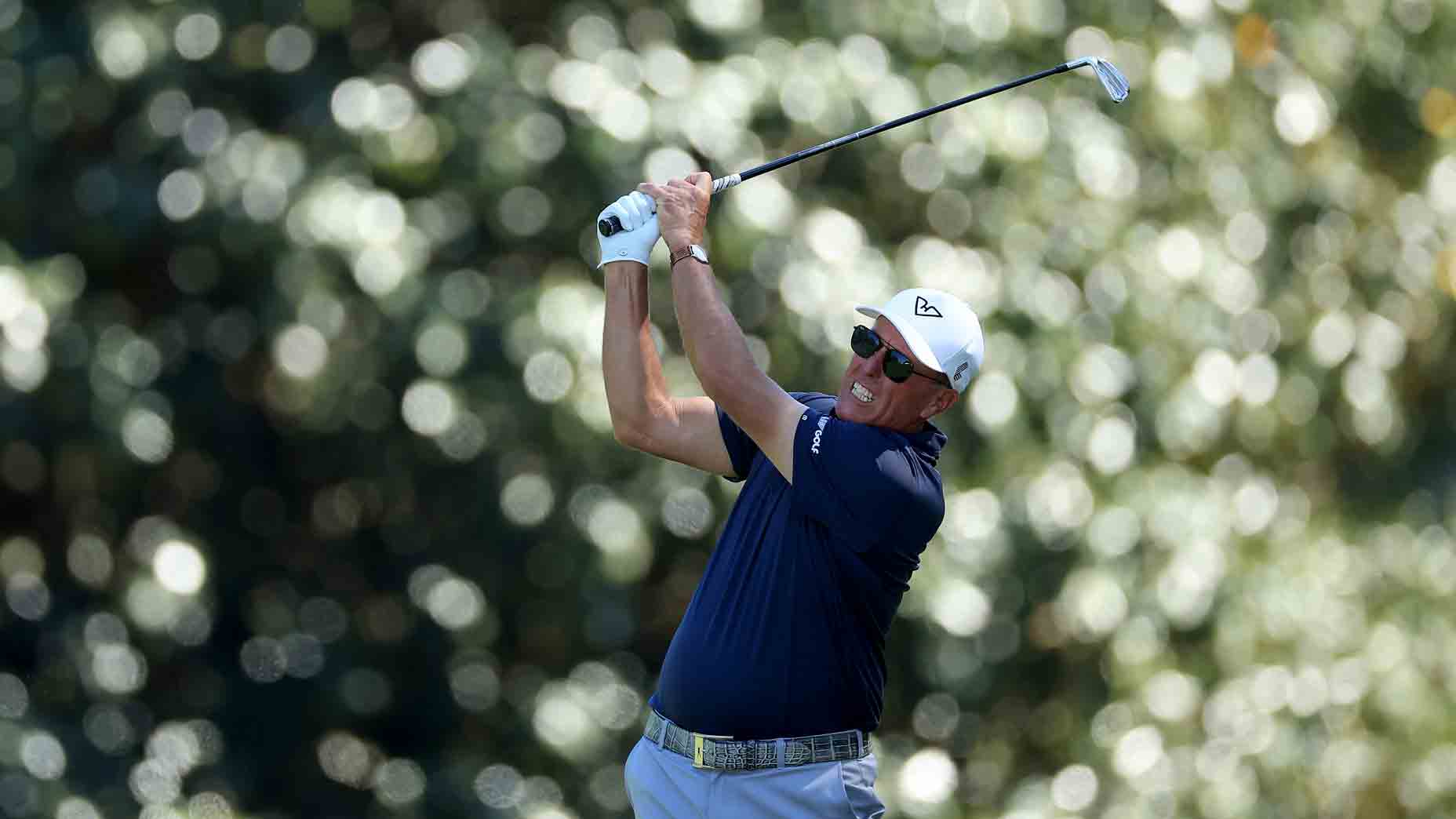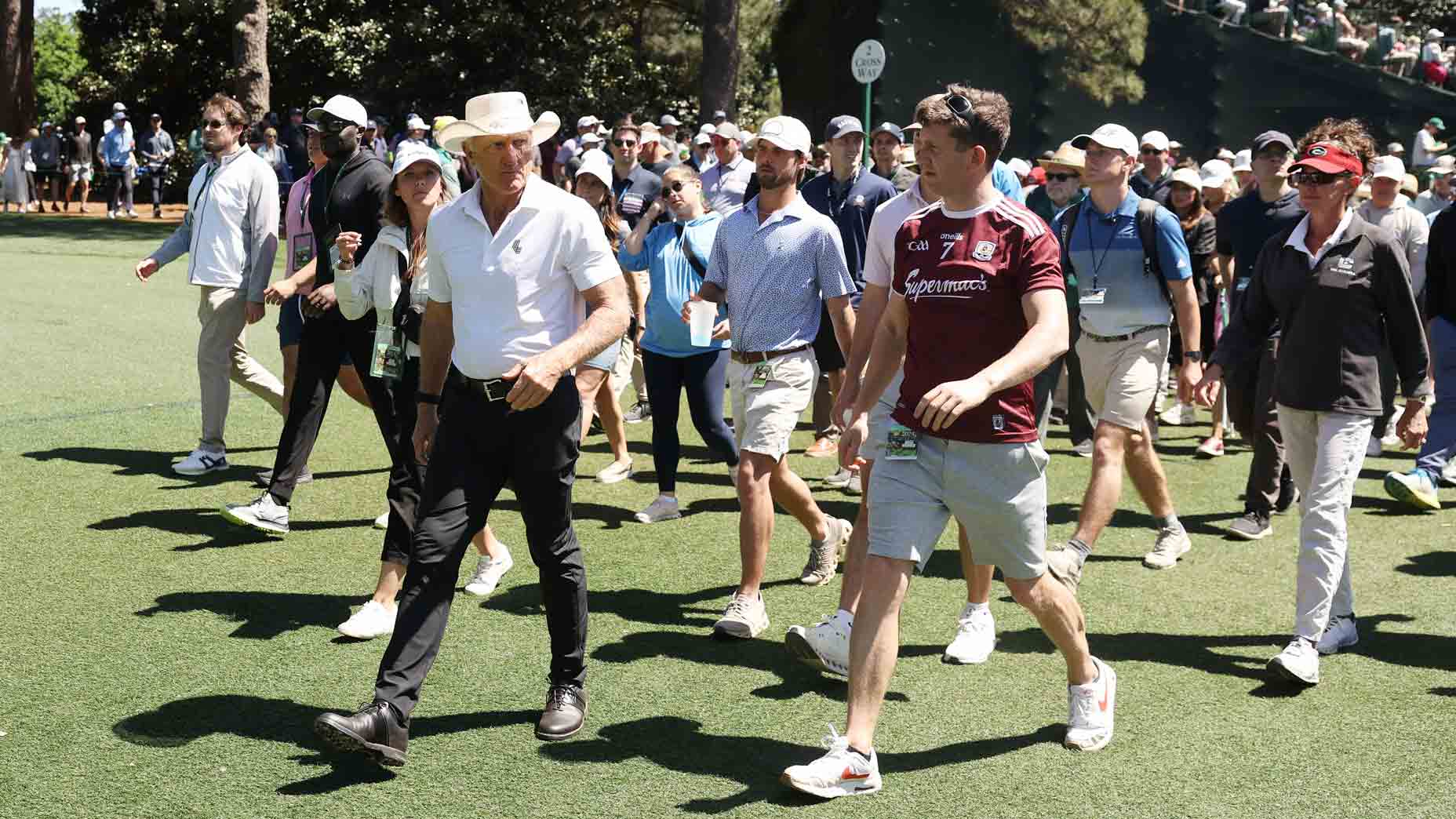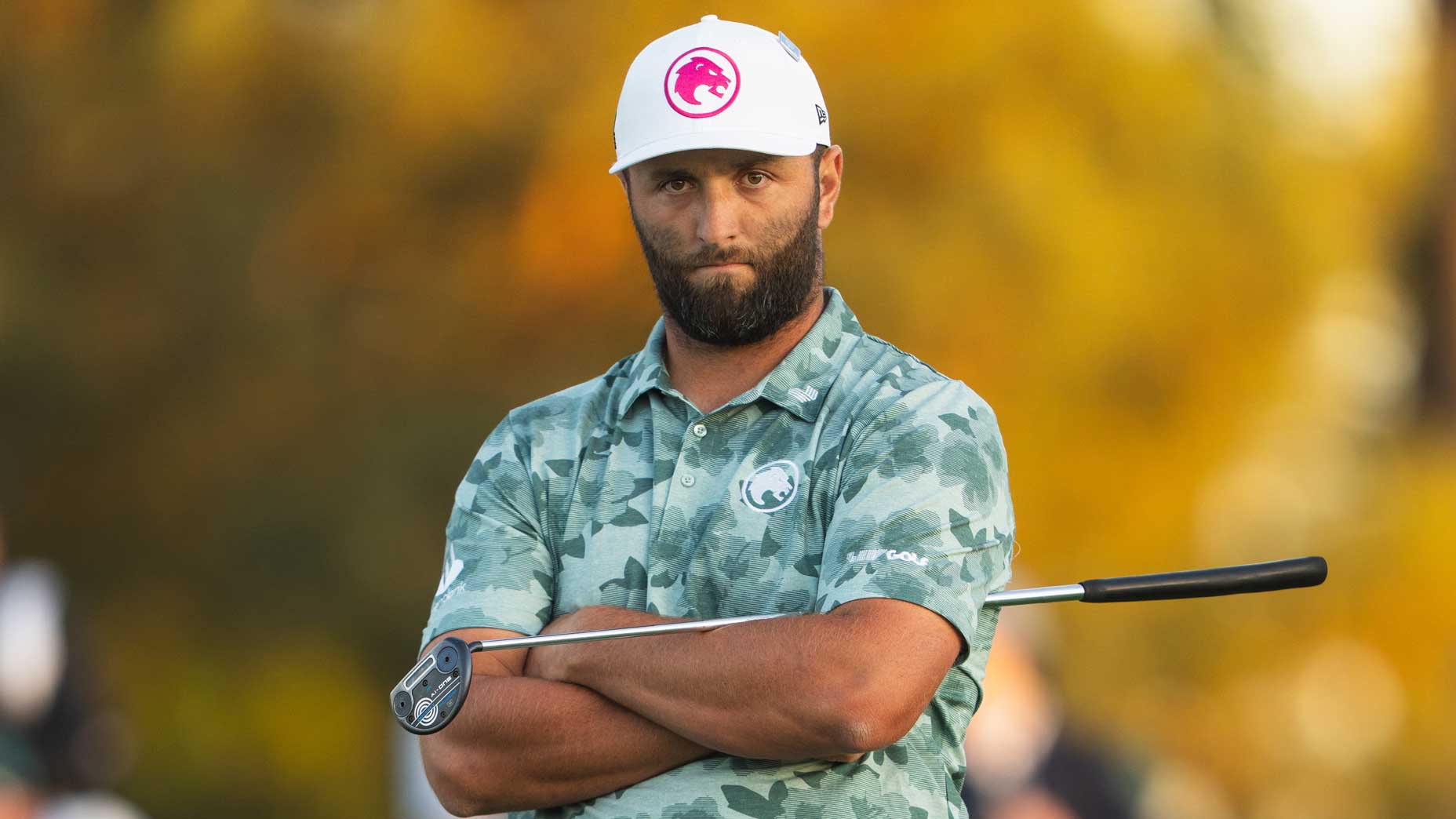Why is Augusta National under investigation by the feds? A lawyer explains
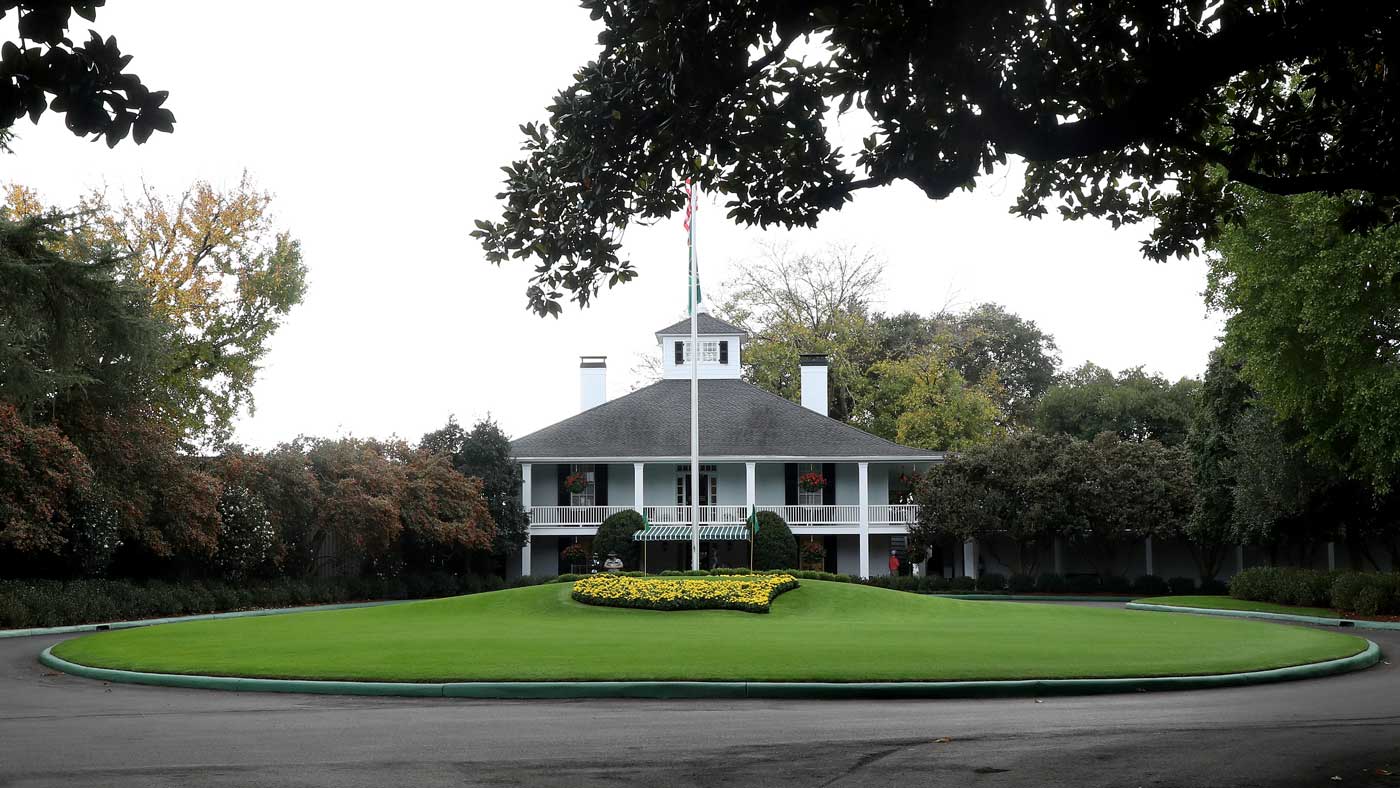
The Augusta National clubhouse.
getty images
The arc of justice is long, but it bends toward broader investigations. It does, anyway, with the federal government’s scrutiny of professional golf.
In July, when word broke that the Department of Justice was taking a close look at the escalating golf war, the DOJ’s reported focus was on the PGA Tour and whether the Ponte Vedra powerbrokers were engaged in unfair practices to thwart Saudi-backed LIV Golf.
That was then.
As first reported this week by The Wall Street Journal, the probe has now broadened to include three other of the game’s most prominent institutions: Augusta National, the USGA and the PGA of America.
Sounds like big news.
But what, exactly, are the implications, other than more paperwork for the feds? Does the widening investigation raise different legal questions? What impact might it have on the ongoing battle between the PGA Tour and LIV? How might it affect the tournaments we watch? And the players we follow?
We asked Craig Seebald, an antitrust specialist and partner with international law firm Vinson & Elkins, to help us get a handle on 7 intriguing questions.
1. What are the legal issues?
Antitrust law is a sprawling subject, but, Seebald says, it mostly boils down to two concerns: monopoly and conspiracy. Broadly defined, monopoly is when an entity uses unfair practices to gain or maintain a stranglehold on a market. Conspiracy is when two or more entities work together to stifle competition.
When it was first reported in July, Seebald says, the DOJ’s investigation appeared to focus largely on monopolization, in particular on the PGA Tour’s rule prohibiting players from competing in outside events without Tour commissioner Jay Monahan’s permission. Did the Tour really have the right to lay down that restriction, and sanction players who crossed over? Inquiring minds at the DOJ wanted to know.
By expanding its investigation, the DOJ is now showing a broader interest in conspiracy as well. Investigators are looking at not only whether the Tour acted illegally but also whether Augusta National, the USGA and the PGA of America were in on any anti-LIV schemes, too.
2. Is conspiracy easier to prove than monopoly?
Depends on the evidence, but it might be here. To make the case for monopolization, the DOJ would have to find that the Tour not only has monopoly power but that it is also working to preserve that power by enforcing unjustifiable rules. On top of that, there would have to be evidence of the Tour’s monopolistic practices causing harm to the market. In this case, Seebald says, monopolization could be difficult to prove, particularly given LIV’s clearly demonstrated ability to attract talent and host tournaments. How could the Tour be said to have an unfair monopoly when LIV itself is boasting of so much success?
Proving conspiracy could be easier. Conspiracy can be established by direct or circumstantial evidence, Seebald says. You don’t necessarily need a smoking gun. If audiotapes emerged, say, of Monahan and Augusta National chairman Fred Ridley hammering out a plan to keep LIV golfers out of the year’s first major, that would be damning (the same would apply to any communications involving the USGA and PGA of America). But conspiracy could also be inferred, Seebald says, from less explicit communications, such as a nod-and-wink agreement expressed in a series of text messages. It all depends on what the DOJ’s investigation turns up.
3. Can’t Augusta National invite whomever it wants to the Masters?
More or less, yes. But, Seebald says, it’s important to distinguish between independent action and coordinated action. The former is OK, the latter is not. But the lines between them can be blurry. As part of its antitrust suit against the Tour, LIV has alleged that Augusta National representatives “threatened to disinvite players from The Masters if they joined LIV Golf” and that Ridley called the CEO of the Asian Tour to warn him of “consequences relating to the Asian Tour’s position in the current ‘ecosystem’ if the Asian Tour continued to support LIV Golf and its LIV Golf Invitational Series.”
According to Seebald, those allegations “are interesting” and have surely caught the eye of the DOJ. If communications from Augusta turn out to be “just statements that Asian Tour winners won’t be allowed to play in the Masters, then that seems like independent action,” Seebald says. If, on the other hand, Seebald says, those words were followed up by statements such as “’we really don’t want you to work with LIV, and, if you do so, your Asian Tour players will never see Augusta again,’ and then the Asian Tour succumbs to that pressure, that could be seen as a forced agreement.” Which would be more problematic.
As in other areas of the law, there are gray areas and room for robust arguments along the way. Lurking in the backdrop, Seebald says, are questions surrounding the Official World Golf Ranking and whether there has been any coordinated effort to deny LIV golfers of OWGR points. Such actions would also represent an antitrust concern.
4. What kind of evidence might the DOJ gather?
Texts. Emails. Faxes. Messages dispatched by carrier pigeon. Any and all relevant documents and communications. “DOJ investigations can be quite broad,” Seebald says. Still, there are limits. When it comes to Augusta, for instance, the probe will focus on individuals who run the Masters, not on the personal dealings of club members, so no SnapChat exchanges between, say, Peyton Manning and Bill Gates, laying out the stakes of their next money match. But as in most investigations, the DOJ is likely to come upon some juicy tidbits. “As a lawyer, I am always amazed at what people write in emails and texts,” Seebald says. “Even very sophisticated business people.”
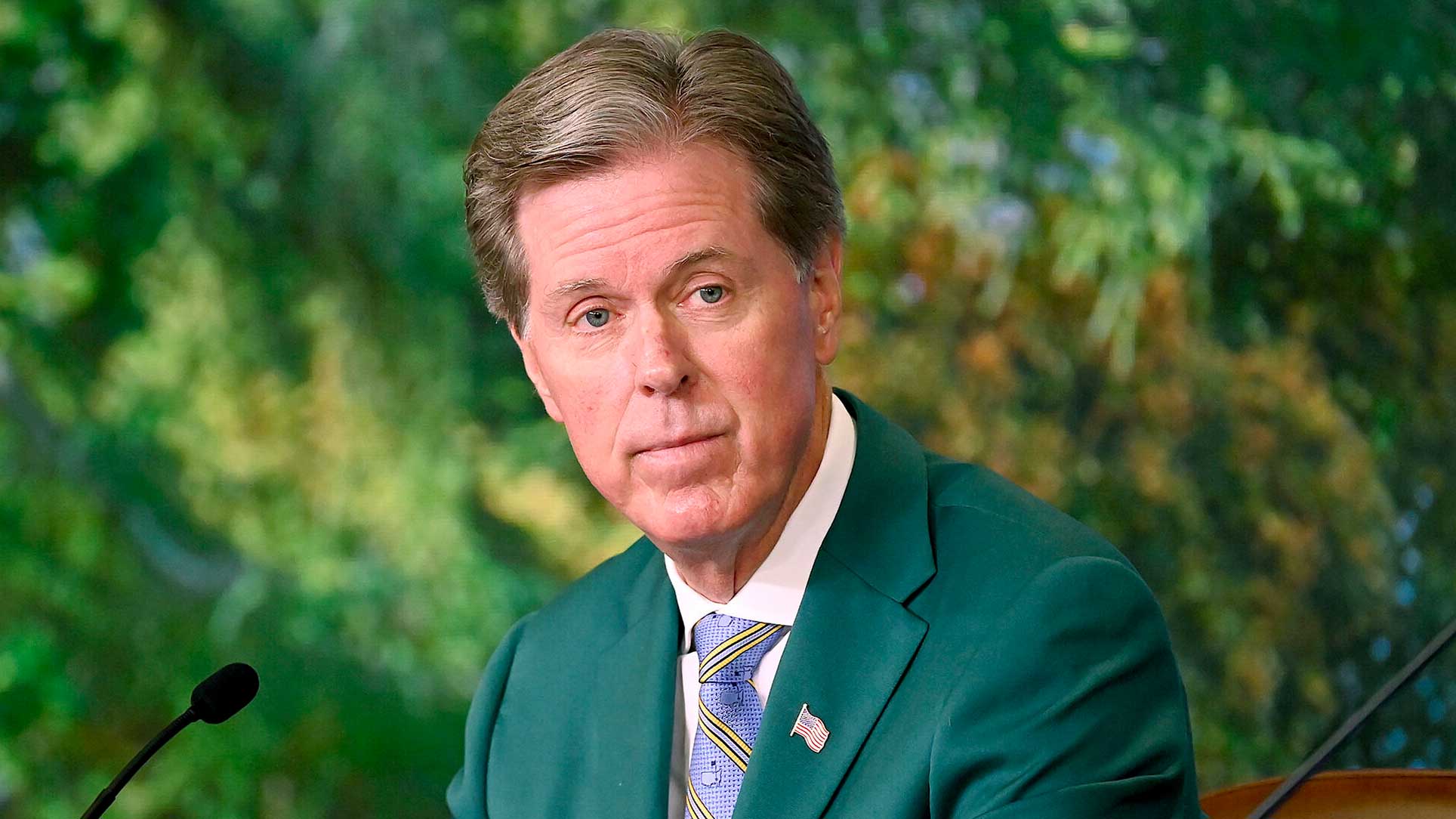
5. How long will the investigation take?
Like a silken putting stroke, antitrust investigations tend to unfold slowly. “I doubt we’ll see anything happen before the 2023 majors season,” Seebald says.
6. What punishments could there be, anyway?
Investigations of this kind can lead to civil and criminal charges. It’s not uncommon, Seebald says, for senior executives to go to jail for antitrust violations. That said, he does not expect this probe to turn into a criminal investigation. It is bound to proceed on civil grounds. The DOJ will have three options, depending on its findings: sue the Tour and any co-conspirators; settle with the Tour and others; or close the investigation and take no action. If the feds wind up finding evidence of wrongdoing, Seebald says, the most likely resolution would be some kind of relief requiring the guilty party (or parties) to knock it off.
7. Any other potential implications for popular players or events?
Don’t expect any fallout from the DOJ’s investigation in the year ahead. But what about beyond that?
Let’s say, for instance, that Augusta decides to disinvite LIV golfers from the 2023 Masters — no Phil Mickelson, no Dustin Johnson, no Cameron Smith, and so on — and the DOJ finds evidence of conspiracy later. Would those players be entitled to some kind of compensation for what they missed? Not directly through the DOJ’s investigation. But they could lean on the DOJ’s findings to further their own cause in separate legal cases.
“So, if the Tour is ordered to do something,” Seebald says, “a golfer like Patrick Reed could point to that to bolster their own position. That is a problem for the Tour and all parties in a DOJ investigation. You might solve a DOJ problem, but you might also be buying yourself a bigger mess with private suits.”

